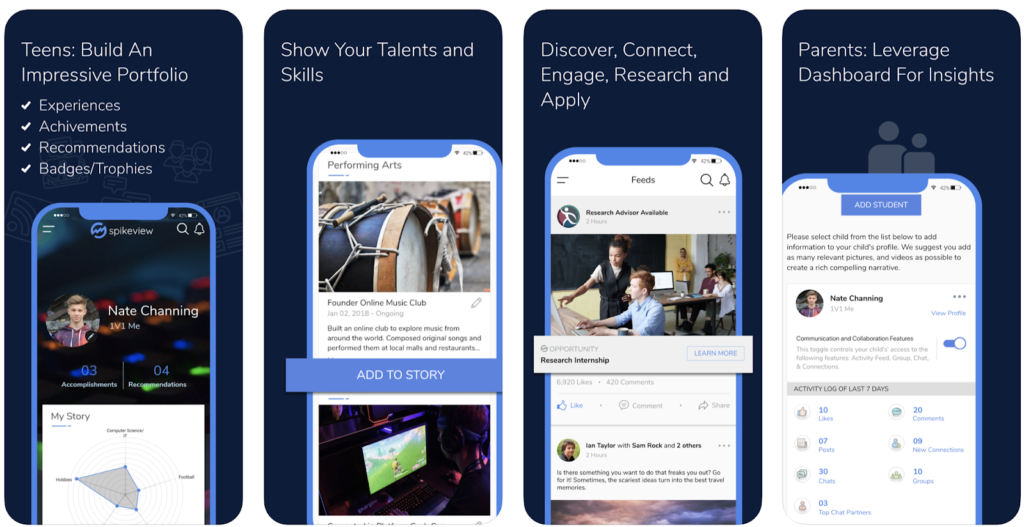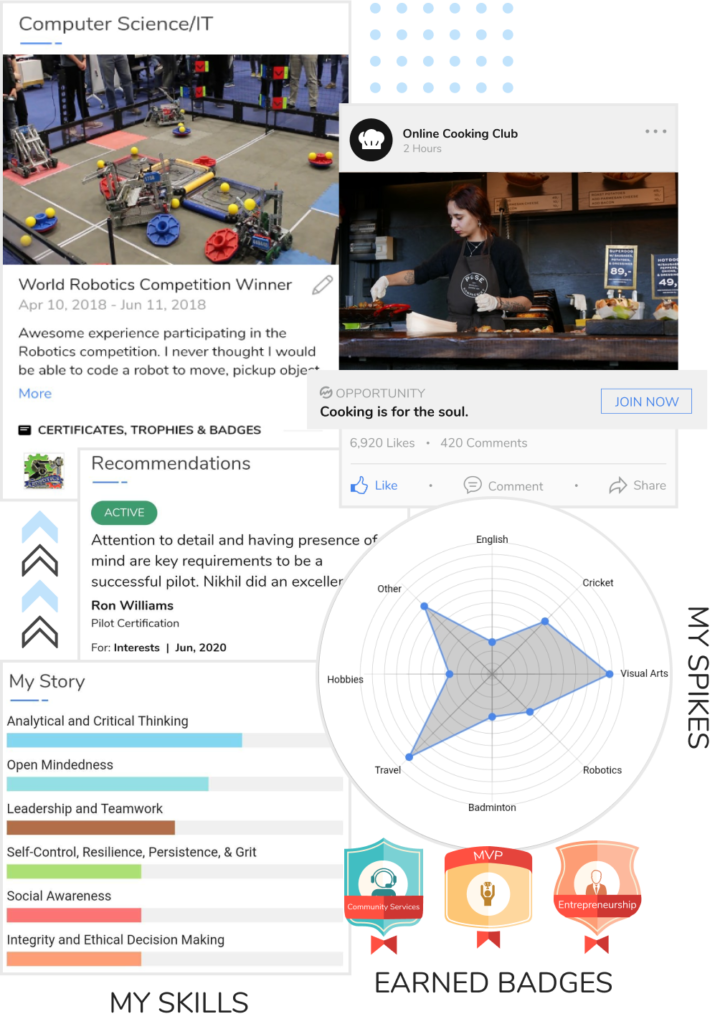 If your life isn’t crazy enough right now, it’s about to get even crazier. Once your child becomes a high school senior, your time is not your own. Anything and everything is focused on college. Your family (not just your teen) will eat, drink and sleep all things college. Before the year ends you will wonder how you will survive mentally, physically and emotionally. It will be a rollercoaster of highs and lows for both you and your college-bound teen.
If your life isn’t crazy enough right now, it’s about to get even crazier. Once your child becomes a high school senior, your time is not your own. Anything and everything is focused on college. Your family (not just your teen) will eat, drink and sleep all things college. Before the year ends you will wonder how you will survive mentally, physically and emotionally. It will be a rollercoaster of highs and lows for both you and your college-bound teen.
We entered the beginning of my daughter’s senior year with anticipation and halfway through I began to think we would never survive. By the time she walked across the stage at graduation we were both exhausted. Senior year begins with a slow pace and amps up in January, culminating in a feverous pitch in April and May.
Here are some tips to help you keep your sanity and navigate the college maze productively.
1. Do the prep work
Get ready for the mounds of catalogs, test prep booklets, flyers and email reminders. Start your filing system now, before school starts. Set up an email account (firstname_lastname@gmail.com), purchase a small thumb drive for filing computer files, create a landing zone for all college-related materials, start adding tasks on a calendar (either a wall calendar or an app that can be synchronized with the family. Here are 5 Free Apps for College-Prep Organization.
2. Do your best to control your emotions
It’s going to be an emotional time for both you and your student. Angry words will be spoken if you don’t make a conscious effort to bite your tongue, count to 10, and take a deep breathe. You are the parent and your teen needs emotional stability during this time, not an emotional basket case.
3. Prepare for rejection
The upcoming year will most likely mean that your student (and you) will have to deal with rejection. It’s not personal, but you will feel like it is. I know it’s tempting to spew platitudes like, “Everything happens for a reason”, or “I know how you feel”, or “They didn’t appreciate you.” But the reality is, all the platitudes in the world aren’t going to remove the disappointment. Once the dust has settled, however, it might be good to offer some words of wisdom from those “in the know” about the college admissions process: The Truth About College Rejection Letters.
4. Decide what role you will take
Please. I beg you. Do NOT be the parent that shoves, manipulates, and actually does the work for their student. Be the parent who encourages, supports and offers help and advice when needed. Be a coach, not a bully. Decide before things ever get crazy to let your teen OWN the process, or “drive the car” as one admissions officer often told me.
5. Prepare for emotional outbursts
This is one of the most stressful times in your family. There will be emotional outbursts as the stress intensifies. Your student will say things she does not mean. You will lose your temper and wish you didn’t. Just remember that most of what is said is fueled by the stress of the process and when it’s all over everyone will breathe a sigh of relief, hug and move on.
6. Discuss the money
If you want to avoid disappointment when offers of admission arrive, have the “money talk” before your student applies to colleges. Decide what you can afford, what you will be willing to contribute toward the costs, and what you expect your student to contribute.
7. Accept there will be consequences to actions
Your student will most likely fail or mess up at some point during senior year. When she goest to college, your student will have to fix her own problems. Let her do it now, while she lives at home, and it will be easier for her once she is gone. Rescuing your kids all the time only makes them into dependent adults and colleges aren’t impressed with those type of students or the parents that come with them.
8. Be open and not pragmatic
Be open to any college choices your student might make. You will not be the one attending the college and it’s not up to you to choose for her. You can give your advice and direct her in what you think would be the best path for her; but don’t shove her toward your alma mater or toward a college with a prestigious name if that is not her choice. If your teen mentions a gap year, don’t panic. Gap years are becoming more popular and it might be exactly what your teen needs. Read this post for some insight on gap years: What Parents Need to Know About a Gap Year.
9. Don’t push-it simply won’t help
If your student is unmotivated, it’s not going to help to nag her and push her to do the college prep work. If there is one thing I learned with both of my kids (and clients), if your student is not invested in the college process she won’t be invested in college. Save yourself some time, money and heartache and wait until she is. If not, she can learn from the college of hard knocks (as my son did)–minimum wage jobs are the BEST motivator! Here’s a post about my son and how he finally saw the light: Motivating an Underachiever Toward College?
10. Enjoy the journey
This is an exciting time in the life of your teenager. She has worked hard and will be planning her future. You can be proud as well. Enjoy the next year, even when you feel stressed and overwhelmed. It will pass all too quickly and before you know it she will be walking across the stage accepting her diploma and heading to college in the fall.








